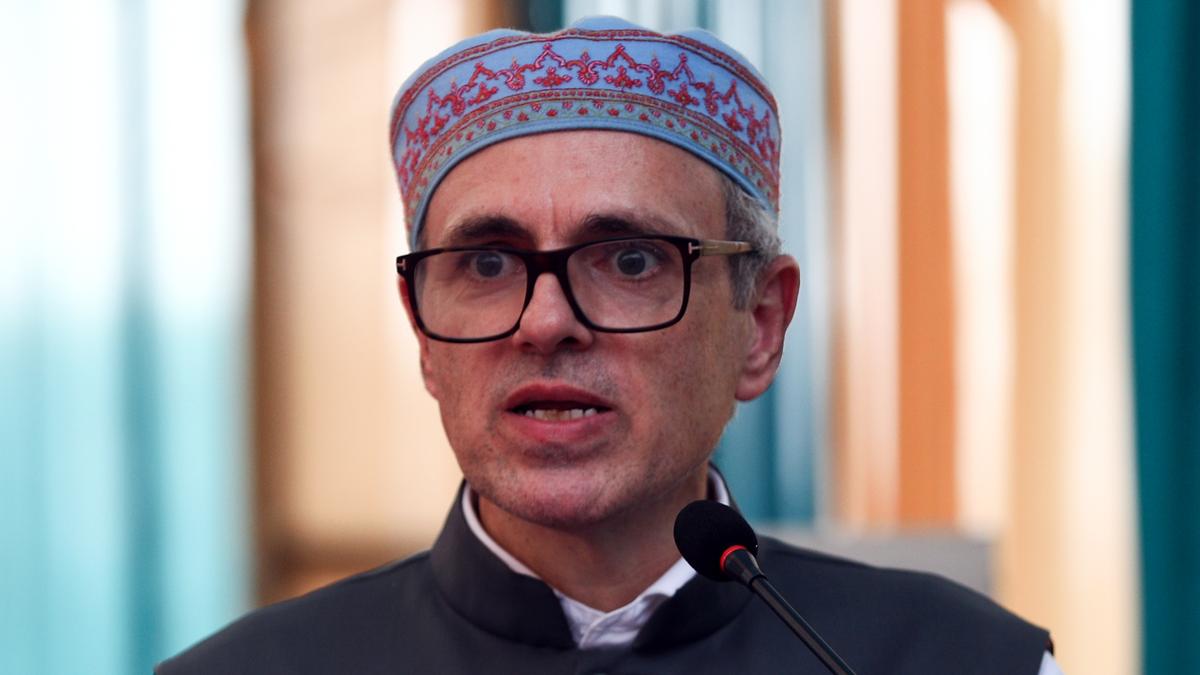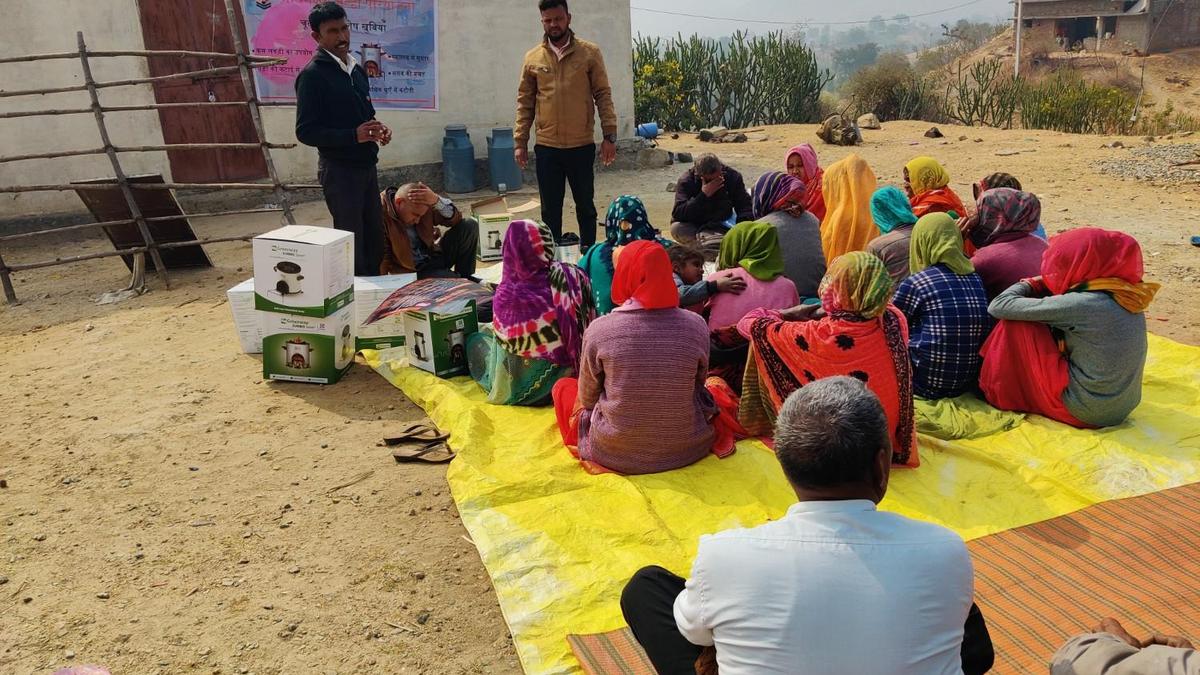Now Reading: J&K CM Omar Abdullah Vows No Ban on Books
-
01
J&K CM Omar Abdullah Vows No Ban on Books
J&K CM Omar Abdullah Vows No Ban on Books

Swift Summary
- Jammu and Kashmir Chief Minister Omar Abdullah has distanced himself from the recent ban on 25 books by the Lieutenant-Governor’s administration.
- The J&K home department, under the Lieutenant-Governor, invoked Section 98 of the Bhartiya Nagarik Suraksha Sanhita 2023 to forfeit books deemed to propagate “false narrative and secessionism.”
- Notable authors whose works are included in the banned list include Arundhati Roy, Sumantra Bose, Ayesha Jalal, Sugata Bose, Christopher Snedden, and others.
- Omar Abdullah stated on X (formerly Twitter) that he had never banned books during his tenure and criticized those associating him with this decision.
- Opposition to the ban is growing in J&K due to its implications for free expression.
Indian Opinion Analysis
The recent ban by the J&K administration highlights a significant issue of balancing national security concerns with intellectual freedom. Such actions might stir debates over censorship boundaries in democratic settings. While Section 98’s invocation reflects an effort to curb alleged secessionist narratives, opponents suggest that targeting well-known authors could suppress academic criticism or past study. Omar Abdullah’s public distancing underscores political sensitivities surrounding governance decisions post-J&K’s reorganization under L-G rule. As criticism mounts within society and literary circles alike, this incident may set a precedent for future discussions on constitutional freedoms versus state-imposed restrictions.
























